Programs
Funding Programs

As a network-based research institute, JST takes the initiative to promote research and development activities linked to innovation, and tackles economic and social issues through the practical application of its research output as well as international collaborative research.
- Strategic Basic Research
- Information Platform and Database Services, etc.
- Industry-Academia Collaboration and Technology Transfer
- International Collaborations
Strategic Basic Research
JST-Mirai Program
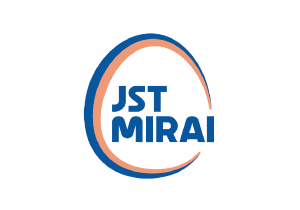
This program promotes research and development from a basic research stage to a stage where industry can decide whether they could make a business successful (proof of concept: POC). To achieve it, we set goals focusing on clear targets which realize economic and social impact and challenge technological difficulties.
Strategic Basic Research Programs
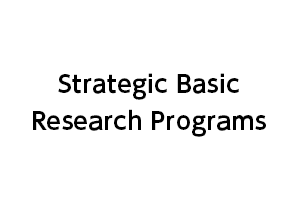
Strategic Basic Research Programs seek to build virtual research institutes (time limited research organizations spanning organizational boundaries) consisting of networks of researchers at universities, companies, and public research institutions. Researchers pursue their work, while building networks of other researchers, industrial concerns that will benefit from the fruits of research work, and interested parties in society at large, under the leadership of a Program Officer (Research Supervisor, etc.) performing the role of the institute director.
CREST (Core Research for Evolutional Science and Technology)

Based on management of the research area defined by the supervisor, we pursue researchers who have unique and stimulating ideas. We give aid to studies that aim for the creation of new values leading to innovations in science and technology. With advice and guidance from the research supervisor and area advisor, young researchers advance their research studies according to their unique ideas. As they communicate and form networks with researchers from different fields in and out of their research area, young researchers try to establish themselves in the field.
PRESTO (Precursory Research for Embryonic Science and Technology)

Under the management principles in the research area selected by the research supervisor as the manager in the research area, the young researchers selected by the research supervisor form a network with researchers in different research areas to promote a challenging individual-type research that is only accomplished by such young researchers.
ERATO(Exploratory Research for Advanced Technology)
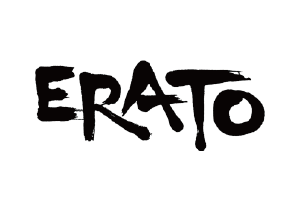
In line with the Strategic Objectives set by MEXT, JST identifies key Research Areas with high potential for generating the seeds of new technologies, then appoints Research Directors responsible for managing their own research area. They formulate their own detailed frameworks for research and they also recruit researchers to contribute to the realization of their research vision, leading their teams directly in the pursuit of this research. Participation and cooperation are drawn from a broad range of sources, including JST, industry, academia and government agencies, and may include overseas participation. Hence, this program encourages a collaborative structure and the management of joint projects.
ACT-X
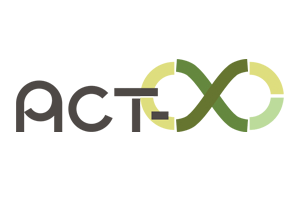
Based on management of the research area defined by the supervisor, we pursue researchers who have unique and stimulating ideas. We give aid to studies that aim for the creation of new values leading to innovations in science and technology. With advice and guidance from the research supervisor and area advisor, young researchers advance their research studies according to their unique ideas. As they communicate and form networks with researchers from different fields in and out of their research area, young researchers try to establish themselves in the field.
ALCA-Next(Advanced Technologies for Carbon-Neutral)

This program promotes basic research on innovative technologies that are not just extensions of conventional technologies and that will bring about discontinuous innovation, with the aim of contributing to the realization of carbon neutrality by 2050.
Cutting-edge Research and Development on Information & Communication Sciences(CRONOS)

This program aims to contribute to an advancement of Japan's information and communication sciences through developing innovative technologies in the field and fostering researchers with unique ideas and conceptual skills. It sets challenging goals ("Grand Challenges") with the ultimate objective of bringing about paradigm shifts in information and communication sciences in promoting research. With the Grand Challenges and a flexible scheme that enables integration of basic and applied research, we promote research that leads to a transformation of society, and target to achieve proofs of concept.
RISTEX(Research Institute of Science and Technology for Society)
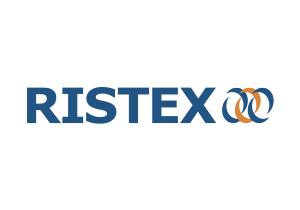
RISTEX promotes R&D for resolving practical issues in the society and ethical, legal and social issues/implications (ELSI) of science and technology, by the collaboration between researchers and various stakeholders. RISTEX contributes to the achievement of SDGs and the building of the appropriate relationship between science, technology and society, by producing outputs useful in resolving problems in the real world and engaging in the pursuit with a strong emphasis on social implementation.
Moonshot Research and Development
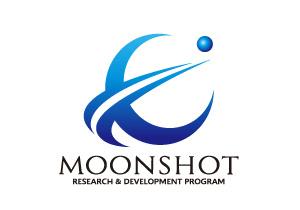
JST is driving high risk, high impact R&D towards ambitious and attractive targets (Moonshot targets, determined by the Council for Science, Technology and Innovation (CSTI)) to solve issues facing future society.
BOOST (Broadening Opportunities for Outstanding young researchers and doctoral students in STrategic areas)
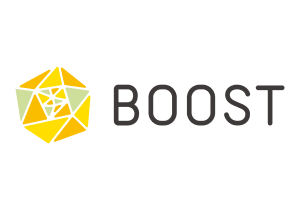
BOOST is a program for developing highly urgent national strategies. This is a program that promotes human resource development and cutting-edge research and development in the field to improve Japan's international competitiveness radically.
Green Technologies of Excellence(GteX)
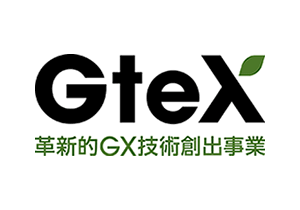
The program aims to contribute to the realization of GX (Green Transformation) from the viewpoint of creating innovative technology seeds and producing human resources, because it is important to support R&D and human resource development at universities and national research institutes by making the most of the high potential and accumulation of basic research capabilities in academia in Japan.
Research and Development Program for Next-generation Edge AI Semiconductors
This program promotes the research and development of innovative next-generation edge AI semiconductors that enable ultra-low power consumption for AI processing. By leveraging ambitious ideas and technical seeds from academia, it conducts research and development with an awareness of rapid transition to the industrial sector.
Information Platform and Database Services, etc.
DICP:Database Integration Coordination Program
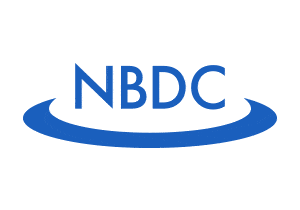
The Database Integration Coordination Programis a program to develop databases which collect research data and utilize them in an integrated manner in life science.
Industry-Academia Collaboration and Technology Transfer
COI-NEXT (Program on open innovation platform for industry-academia co-creation)
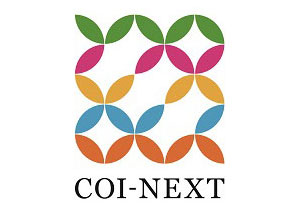
Reflecting upon the effects of the Covid-19 pandemic, this program puts forward the vision of a future society based on the SDGs and realizes it through collaboration from industry, academia and the government, with universities being the main driving force. This program will help form centers of excellence that promote backcasting R&D which creates new economic and social values as well as generation and sustainable management of industry-academia co-creation system which supports such backcasting R&D.
OPERA(Program on Open Innovation Platform with Enterprises, Research Institute and Academia) [Japanese text only]
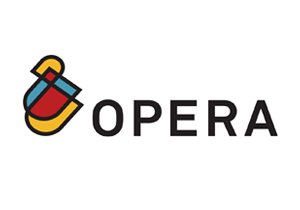
In order to promote new major industries in this program, industry and academia collaborate on planning a “technology and system innovation scenario”, and the program promotes R&D based on this scenario executed by their tight collaboration. we aim to enhance industry-academia partnership concerning basic research and human resources development, and to develop open innovation in our country.
A-STEP (Adaptable and Seamless Technology Transfer Program through Target-Driven R&D)
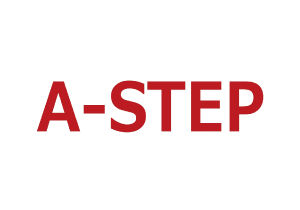
This program supports industry-academia collaborative R&D across a wide range of phases to develop commercial applications of research output generated by basic research. Several types of funding are provided under this program, depending on the characteristics of each R&D phase.
NexTEP(Newly extended TEchnology transfer Program)
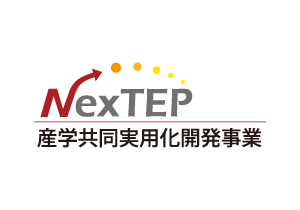
Companies have their own business plans based on university's research results, yet many are not executed due to the developmental risk. NexTEP aims to accelerate commercialization by supporting company's large-scale practical development and obtain the sustainable business growth.
START (Program for Creating STart ups from Advanced Research and Technology)
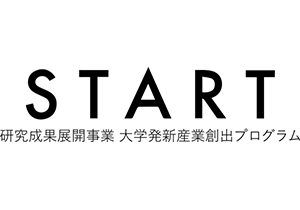
"START" is a program to support R&D and commercialization integrally to create start-ups with the support of "Project Promoters" (venture capitals). Another program called "SCORE" provides practical training opportunities of testing and improving business model hypothesis for verification of the possibility of start-ups.
SUCCESS (SUpport program of Capital Contribution to Early-Stage companies)
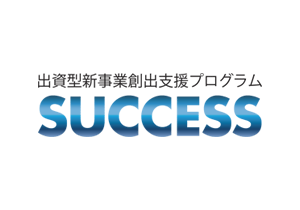
“SUCCESS” is to invest in start-up companies which attempt to translate the outputs from JST-funded R&Ds into practical application. Not only seed money but also supports from human and technical points of view can be offered to these companies.
Intellectual Property Utilization Support Program
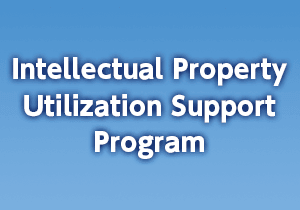
JST offers support for the acquisition of rights for the results of university research, along with support for universities' intellectual property (IP) management, packaging, licensing to companies, and opportunities for matching between industry and academia, as well as training of technology transfer personnel. JST aims at contributing to the creation of innovation through comprehensive support for intellectual property management initiatives at universities and other organizations, technology transfer, and industry-academia collaboration activities.
Converting Research Output to IP
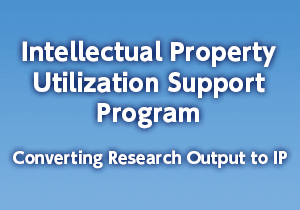
JST supports the acquisition of foreign patents by universities-self for applications for patents with a high likelihood of technology transfer activities or patent utilization in the future. JST provides comprehensive support for PCT applications and transfers to designated countries, including assistance with expenses and expert opinions from JST intellectual property specialists.
Patent Consultation for Universities
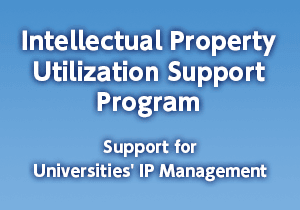
JST provides patent strategy consultation, invention consultation, and support to strengthen universities' IP management.
Collection of University Patents
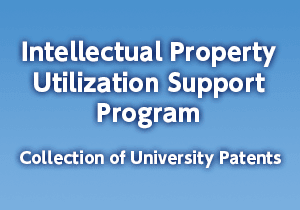
JST collects university patents for which there are expectations of technology transfer and innovation creation, but which are difficult to hold singly, receiving their transfer on a paid basis in anticipation of the outcome, and works to actively promote their utilization.
Super Highway
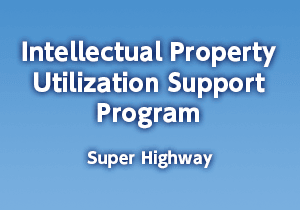
Among the collected patents, for those with high technological superiority and which are expected to have a substantial socioeconomic effect, JST secures rights to the (peripheral) technologies required for commercialization in conducting proof of concept (demonstration testing). JST works to enhance attractiveness to companies as a patent package, and to achieve early utilization.
Licensing
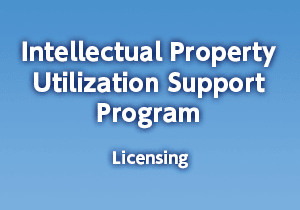
In order to facilitate commercialization of the research output originating from universities, public research institutions and JST programs, JST undertakes licensing activities.
Innovation JAPAN: University Technology Exhibitions

To provide opportunities for matching high-quality technology seeds with the needs of industry, JST organizes a national-scale university knowledge fair named “INNOVATION JAPAN: University Technology Exhibitions.”
New Technology Presentation Meetings

Inventors explain their new technology at new technology presentation meetings, and researchers at universities present their own perspectives on the potential for commercial applications for their new technologies to companies.
Industry-Academia-Government Collaboration Support Database
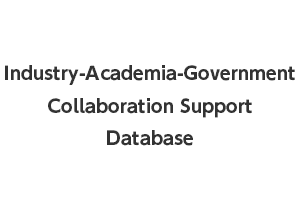
This valuable online database provides all parties involved in industry-academia-government collaboration with an extensive range of information.
Human Resource Development Program for Technology Transfer
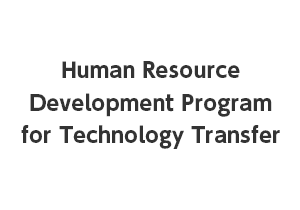
We conduct research aimed at increasing the specialist knowledge of smart human resources involved in technology transfer work with universities and foundations, and at building people networks.
International Collaborations
ASPIRE (Adopting Sustainable Partnerships for Innovative Research Ecosystem)
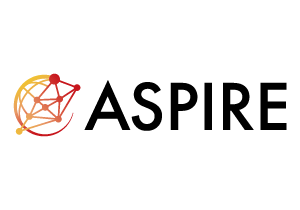
This program is an initiative to develop and strengthen Japan's scientific and technological capabilities through supporting international joint research in scientific and technological fields of strategic priority, while simultaneously promoting researcher mobility in the Japanese research community by connecting top researchers from Japan and other leading countries and regions in scientific research.
SATREPS (Science and Technology Research Partnership for Sustainable Development)
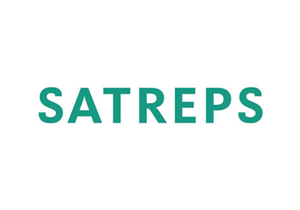
SATREPS is an international research program conducted in collaboration with JICA, which provides official development assistance (ODA).
Based on the needs of developing countries, this program aims to address global issues and to produce research outcomes of practical benefit to both local and global societies.
SICORP(Strategic International Collaborative Research Program)
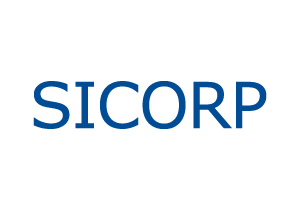
We support international research collaboration on an equal-partnership basis, with partner countries and regions and in research fields designated through interministerial agreement.
AJ-CORE
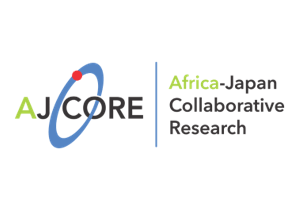
AJ-CORE (Africa-Japan Collaborative Research) is a multilateral research framework connecting three (or more) countries: Japan, South Africa, and at least one African country.
Researchers from other African countries will cooperate on an equal-partnership basis with those from Japan and South Africa, together contributing to issues of local and global significance.
e-ASIA JRP
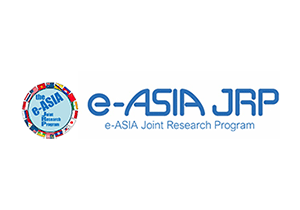
The e-ASIA Joint Research Program (e-ASIA JRP) is an international joint initiative between public funding organizations of the East Asia Summit member countries. With a central focus on Southeast Asia, the e-ASIA JRP co-funding mechanism aims to strengthen regional research and development capabilities and resolve common challenges in the region.
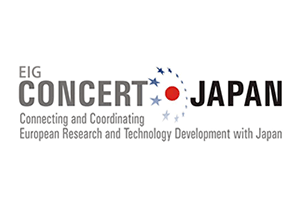
EIG CONCERT-Japan
CONCERT-Japan began as a platform for international research cooperation activities under the EU's Seventh Framework Programme for Research and Technological Development (FP7).
After the conclusion of the FP7 iteration in December 2014, its activities continued under the new European Interest Group (EIG) CONCERT-Japan name with 13 science, technology and innovation (STI) funding agencies from 11 European countries and Japan (as of 2019) partnering to further research collaboration and exchange. Through STI policy knowledge sharing, research exchange, network building and joint funding calls, the program supports Japanese-European research collaboration in a variety of fields.
BELMONT FORUM
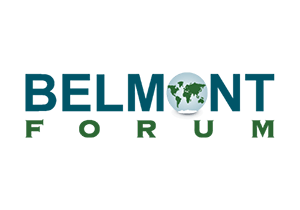
The Belmont Forum gathers the world's major and emerging funders of global environmental change research and international science councils to mobilize and coordinate resources towards its mission of advancing environmental sustainability research. The Forum works closely with the scientific community as well as other key actors such as the Future Earth initiative.
International Symposia
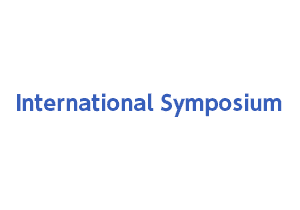
In addition to supporting joint research with other countries, JST also engages in various international exchange activities including workshops and programs and programs to promote the exchange of young researchers.
Collection of science and technology information from overseas
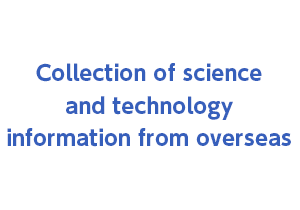
Promoting science and technology cooperation at an early stage in fields that will become prominent in the future, fostering exchange especially among young researchers and creating networks are all extremely important activities for the development of science and technology in Japan. For this reason, JST is collecting information related to overseas science and technology through the Infrastructure Development for Promoting International S&T Cooperation program.
SAKURA SCIENCE Exchange Program
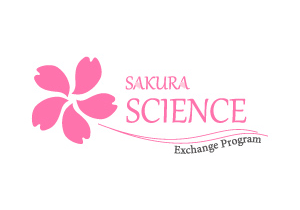
With close collaboration among industrial, academic and governmental institutions, this program offers opportunities for excellent young scientists from overseas to visit Japan
LOTUS Programme (India-Japan Circulation of Talented Youths in Science Programme)

The LOTUS Programme invites and supports talented young researchers from India to participate in research exchanges in Japan. The programme aims to strengthen Japan-India joint research efforts by fostering collaborations and building networks between research institutions in Japan and India. The research projects and exchanges will be jointly supervised by faculty members from both countries. This opportunity is open to young researchers joining ongoing or upcoming joint research projects between Japanese and Indian academic institutions. In addition, the programme will provide career development support for those who are interested in pursuing a research career in Japan.
Accommodation for foreign researchers
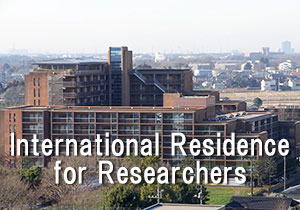
To further promote international exchange, JST operates accommodation (“Ninomiya House”) in Tsukuba, available for use by visiting researchers.
Promotion of international policy dialogue contributing to the development of science and technology diplomacy
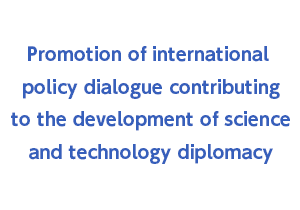
JST supports international meetings and other activities to promote discussion about the future of science and technology involving a wide range of leading stakeholders from industry, academia and government. (Japanese text only)
NEXUS (Networked Exchange, United Strength for Stronger Partnerships between Japan and ASEAN)
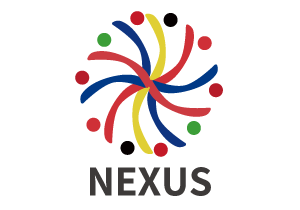
NEXUS is a flexible and multi-layered cooperative framework, leveraged by the long history of science and technology cooperation between both sides with the opportunity of the “50th anniversary of friendship and cooperation between Japan and ASEAN.” It is aimed to further strengthen the cooperative research relationship between Japan and ASEAN as partners in co-creating innovations in science and technology.
Global Startup Campus (GSC) Initiative Pilot Programs
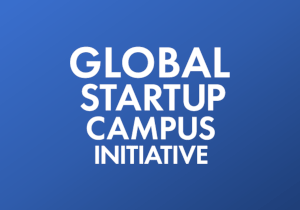
As pilot activities leading up to the opening of the flagship hub and the establishment of the GSC operating entity under GSC Initiative, JST will promote efforts related to (1) International Research Programs to attract researchers and investors; (2) Venture Builder Program; (3) Talent Development (Fellowship) Program under the "Implementation Policy on Pilot Activities" set by Cabinet Secretariat's Global Startup Campus Initiative Promotion Office.
